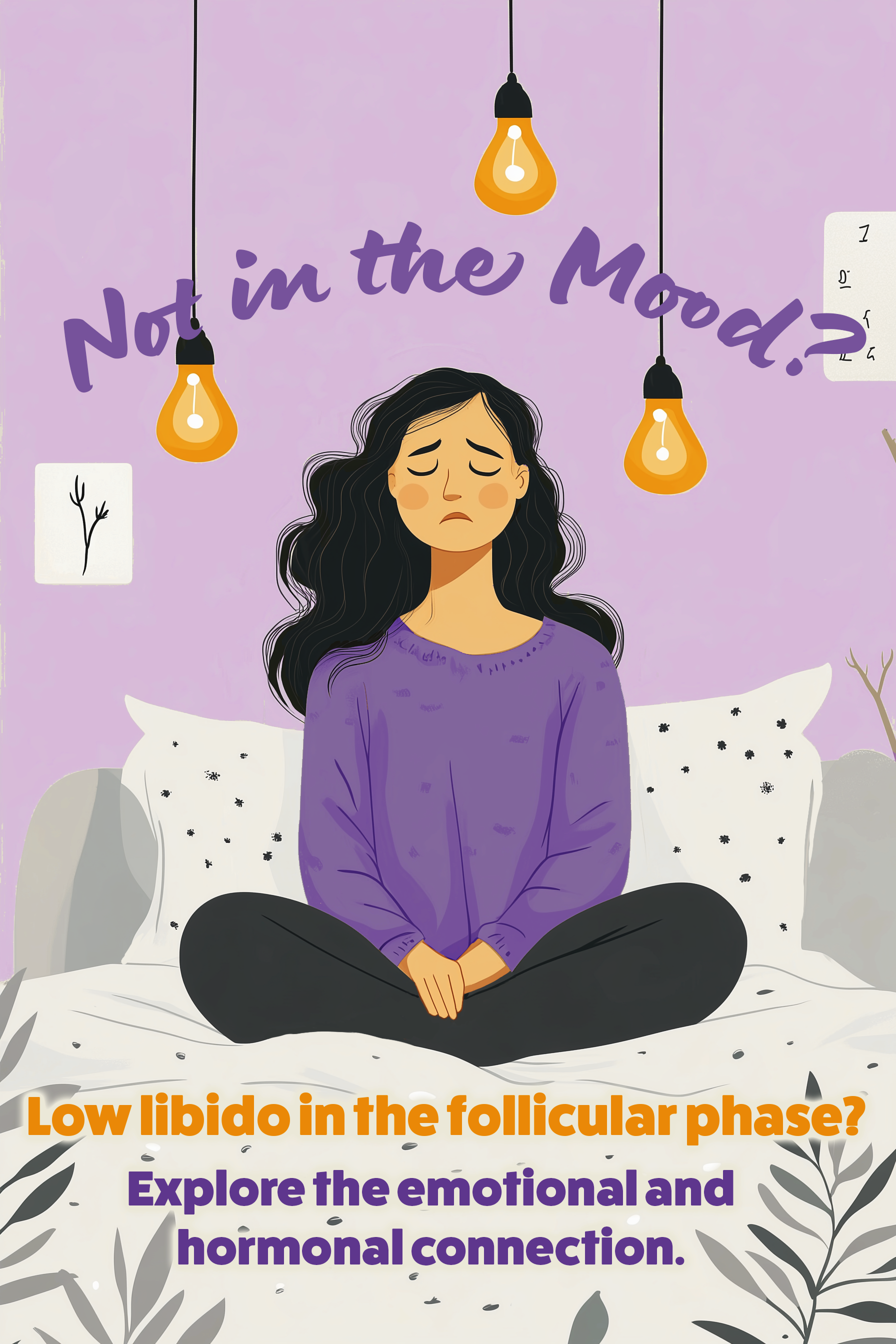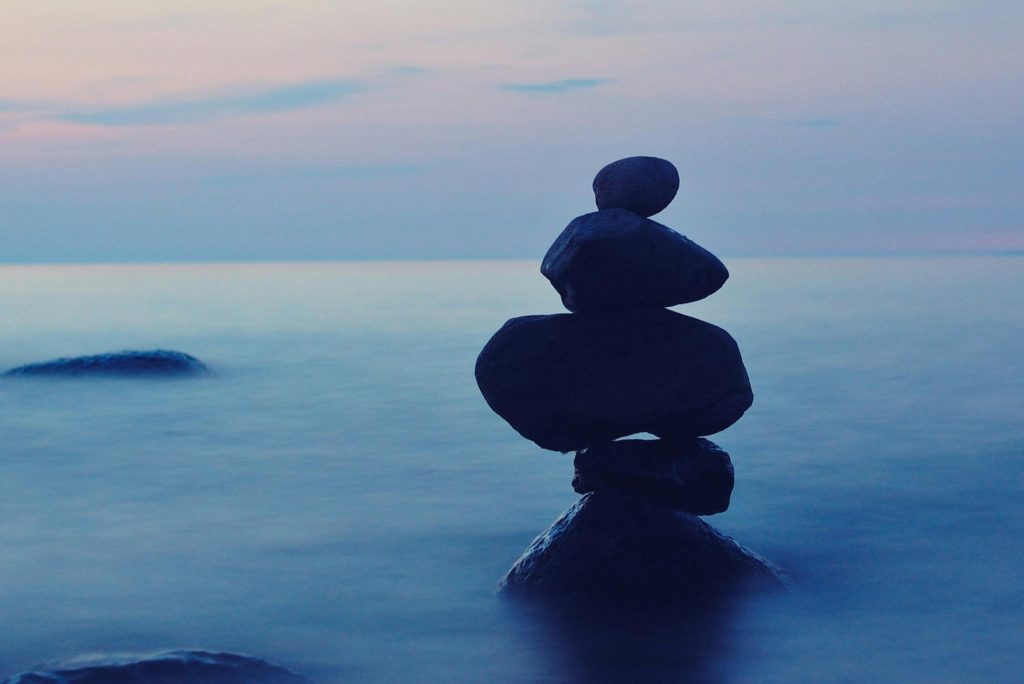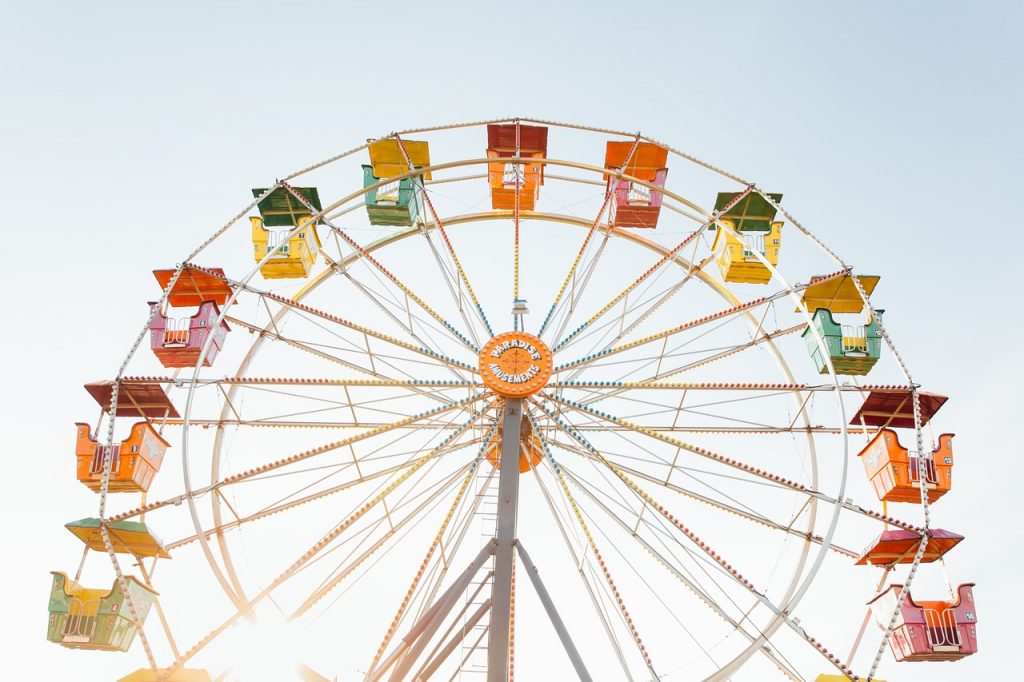I remember a time when, despite knowing my body should be entering its most energetic and vibrant phase of the menstrual cycle—the follicular phase—I felt no connection to desire. It was a period where stress and trauma played such a heavy role in my life that the usual signs of vitality and heightened libido just didn’t show up. I had a phase where I had a low libido during follicular phase, and it lasted for quite a while. Instead of feeling more energetic and sexually alive, I found myself uninterested, distant, and confused. Why wasn’t my body responding like it was supposed to?
Understanding the Follicular Phase
The follicular phase begins after your period ends and lasts until ovulation. This is typically a time when women experience increased energy and a surge in sexual desire, thanks to rising levels of estrogen and testosterone. Estrogen is known to improve mood and increase blood flow to the reproductive organs, enhancing sensations and potentially boosting libido. Testosterone, although present in much smaller amounts than in men, spikes just before ovulation, heightening desire for many women.
But for me—and likely many others—the relationship between hormones and libido isn’t always so simple.
The Influence of Hormones on Libido
The main hormones that influence our sexual desire are:
- Estrogen: As estrogen rises in the follicular phase, it works to increase vaginal lubrication, heighten sensations, and regulate serotonin levels, improving mood. This combination often makes women feel more open to intimacy.
- Testosterone: While testosterone is often associated with male sexuality, it plays a crucial role in female libido, especially before ovulation. Higher levels of testosterone typically lead to an increased sex drive. However, factors like stress and trauma can overshadow these hormonal shifts.
It’s important to understand that personal factors like mental health, stress, and trauma can significantly affect our bodies, including our sex hormones. Research shows that experiences of stress or trauma can disrupt the balance of hormones1 like cortisol, which in turn can lower levels of estrogen and testosterone. This imbalance might contribute to feelings of low libido, even during a sensitive phases of our cycle, such as the follicular phase. Recognising this connection can help us approach our experiences with more compassion and understanding.

My Personal Experience with Low Libido During Follicular Phase
During my own time of high stress and emotional upheaval, I noticed a distinct lack of sexual desire. Despite being in the phase where everything pointed towards higher libido, I felt completely disconnected from my body and my needs. My libido plummeted, and I couldn’t understand why. In hindsight, I now realize that stress and emotional trauma played a very big role here.
Libido isn’t just about biology. It’s also deeply intertwined with your mental and emotional state. No amount of estrogen or testosterone could undo the effects of the stress and unresolved emotional wounds I was carrying.
Is It Necessary to Fix Low Libido?
It’s important to remember that having low libido isn’t inherently a problem. The key is how you feel about it. If your lack of desire doesn’t bother you, then there’s no need to take any action. It’s only if your low libido is affecting your quality of life or your relationship that you may want to explore why it’s happening.
Here are some important questions to ask yourself:
- Do you feel disconnected from your body?
- Is the low libido causing distress, or is it only a concern because of external pressures?
- Could stress, trauma, or mental health issues be playing a role?
Ways to Reconnect with Your Libido
If you feel ready to explore why your libido has dipped, there are several ways to gently reconnect with yourself:
- Address Underlying Stress or Trauma: Trauma and stress can significantly lower sexual desire. Therapy, journaling, or simply talking to a trusted friend or partner can be powerful tools in addressing these emotional barriers.
- Hormonal Checkup: If you suspect that hormonal imbalances might be a factor, you may want to visit your gynecologist. They can help determine if your estrogen or testosterone levels are at healthy levels.
- Holistic Practices: Consider integrating calming activities like yoga, meditation, or spending time in nature (forest bathing, for example) to reduce stress and restore balance. Sometimes, a deeper connection with yourself in non-sexual ways can slowly rebuild desire.
Takeaway
Libido during the follicular phase is expected to increase with rising estrogen and testosterone levels, but life isn’t always predictable. Emotional and mental factors, such as stress or trauma, can also have a huge impact on libido. It’s important to give yourself space to understand what’s going on in your mind and body, and to only seek solutions if the low libido is causing you distress.
Further Reading
- Mu E, Thomas EHX, Kulkarni J. Menstrual Cycle in Trauma-Related Disorders: A Mini-Review. Front Glob Womens Health. 2022 May 30;3:910220. doi: 10.3389/fgwh.2022.910220. PMID: 35706526; PMCID: PMC9189376. https://www.ncbi.nlm.nih.gov/pmc/articles/PMC9189376/ ↩︎


